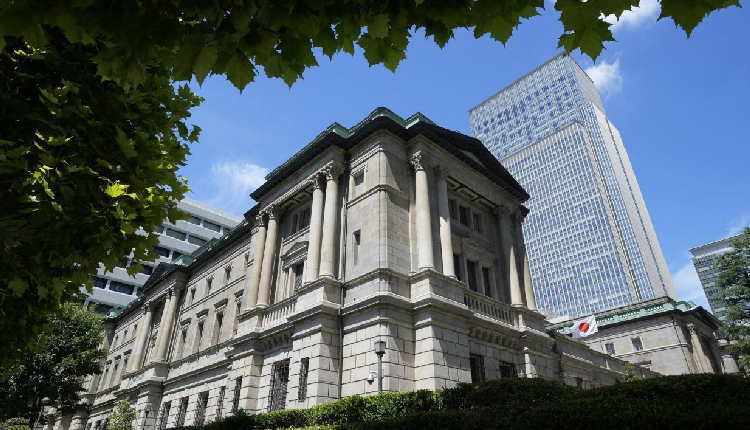The Bank of Japan (BOJ) has acknowledged that Japanese banks have sufficient capital bases but cautioned them to remain vigilant against tail risks, including developments in global financial markets and geopolitical perils.
In its report on the financial system, the BOJ stated that the capital and funding bases at Japanese banks are robust enough to withstand stress events equivalent to the global financial crisis.
“However, vigilance against tail risks, including developments in global financial markets and geopolitical risks, continues to be warranted,” it said.
The BOJ’s assessment comes after the bank ended negative interest rates in March and hiked short-term rates to 0.25 per cent in July, marking a significant departure from its decade-long stimulus programme aimed at boosting inflation.
The report also highlighted that a number of banks have high interest rate risks associated with their securities investments and urged them to carefully manage these risks.
Despite a rise in corporate bankruptcies in Japan, banks’ credit cost ratios have remained relatively low, thanks to the build-up of precautionary loan-loss provisions during the pandemic. However, the BOJ noted that there have been bankruptcies due to rising prices and labour shortages.
While the central bank believes that the overall credit cost ratio is unlikely to increase substantially, it cautioned that future developments warrant careful attention as price pass-through gradually spreads.
Attribution: Reuters
Subediting: M. S. Salama


